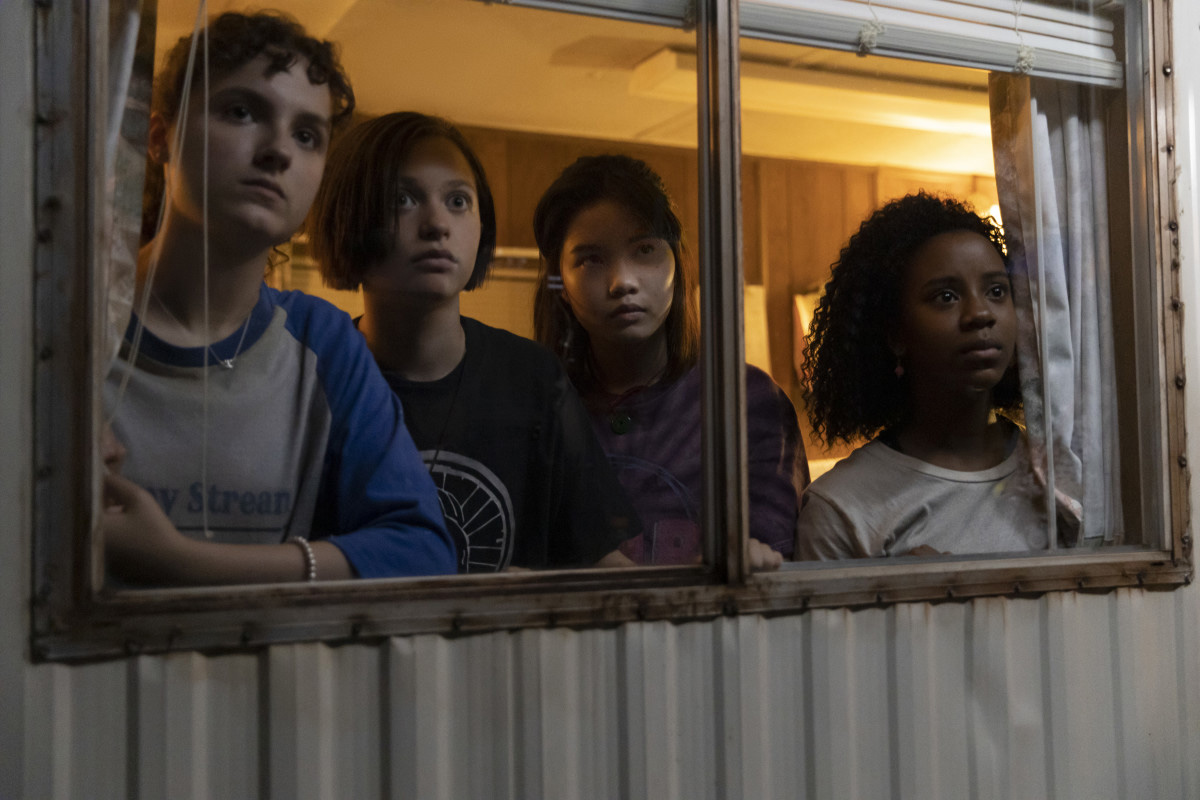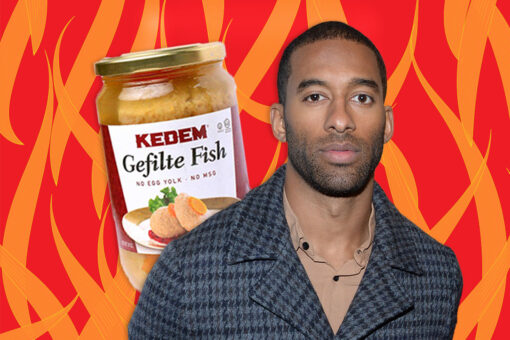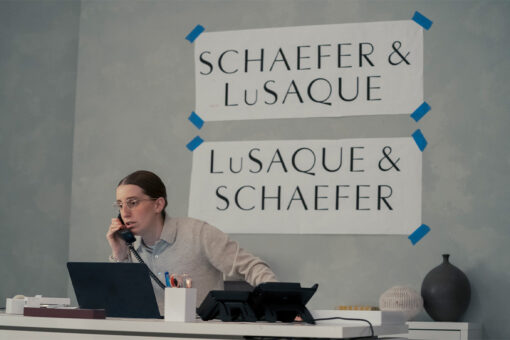“Paper Girls” is a new Amazon Prime Video show based on a graphic novel series of the same name by Brian K. Vaughan, illustrated by Cliff Chiang. (And yes, I have already put in an order through ThriftBooks for the first novel.) It is the narrative of four girls who are brought together by their paper route the day after Halloween in 1988 and soon find themselves caught in the middle of a war between two groups of time travelers. Subsequently, the girls become lost in time and have to find their way back, meeting their older selves along the way.
I happened to see an ad for the show the day it was released, and decided to give it a watch — mostly, to be honest, because it had Ali Wong in it, so I figured it had to be worth a good laugh.
And it was. The show is not a comedy — Wong plays a more serious role than her usual characters — but there are plenty of genuinely funny moments and many reasons to love the show, including the feminism, the diversity and the cast.
But the multidimensional queer Jewish female representation was an unexpected plus.
The Jewish representation shows up within the first five minutes of the first episode: There’s an opening montage of each of the four main characters that gives you a glimpse into their backgrounds, and my casual watching and scrolling on my phone immediately snapped to attention when I saw one of the girls, KJ Brandman (Fina Strazza), open her closet to reveal a formal pink dress with a sticky note that says “For Shabbat.” She sighs deeply, snatches off the sticky note and crumples it up, seeming conflicted about this aspect of her identity (so many of us are there with you, KJ!). Throughout the show, KJ seems to prefer comfortable, sports-oriented clothing; her trademark hockey stick, seemingly always strapped to her back, stands in sharp contrast to the clothing her mother wants her to wear, effectively symbolizing the expectations of both her Jewish and gender identities.
It is the sort of Jewish representation that is rarely seen on television. In another scene, we witness the first interaction between “Mac” Mackenzie Coyle (Sofia Rosinsky), a white girl from the wrong side of the tracks who struggles with poverty and abuse at home, and KJ, who is not only one of the only Jewish girls in town but also the daughter of its wealthiest couple.
At first, Mac can’t seem to let KJ forget that she’s a wealthy Jewish girl with a dad who works at a bank, but her character has a satisfying and compelling development arc throughout the season.
For example, in episode two, KJ unapologetically calls out Mac for her continued antisemitic and racist statements, which Mac has mostly overheard from her dad. In response, Mac exclaims in frustration, “What is the big deal?! Explain to me what is the big deal!”
KJ responds by asking solemnly, “Have you ever heard of the Holocaust?”
Mac: Oh, give me a break—
KJ: Ask my grandmother about it sometime. I’m sure she really enjoyed it.
Mac: This isn’t Nazi Germany!
KJ: And yet, someone wrote ‘Jew Bitch’ on my locker last year.
Mac’s eyes widen in shock at this point, and after a few beats, she says, “Well, um…I wouldn’t—I wouldn’t do anything like that.”
About midway through the story, when the girls are exhausted by the adventure they’ve been dragged into and just want to get home, KJ says in exasperation: “I’m even looking forward to having my stupid freaking bat mitzvah.”
But it is not just Jewish identity that gets this nuanced treatment. “Paper Girls” portrays its racially diverse cast of 12-years-old characters in the ‘80s without whitewashing or candy coating their experience of being from minority groups in this era. For example, the first episode starts off with Erin Tieng (Riley Lai Nelet) and “Tiff” Tiffany Quilkin (Camryn Jones) out on their paper girl route, when a white man opens his door with a baseball bat, and accuses Erin of trying to steal his paper, making bigoted remarks about the Japanese (even though Erin, as she tries to point out, is Chinese). Later in the episode, Erin opens up about her experience as the daughter of an immigrant who doesn’t speak English, during a time when anti-Asian discrimination was particularly high.
That sort of bracing honesty allows the show to explore storylines that rarely get prime airtime. Not only is KJ a relatable Jewish character, but this is also the first time I can remember watching a show about an openly Jewish girl who is coming to terms with her queer identity. As the series progresses, KJ finds her suspicions about her sexuality confirmed when she sees her future self dating a kind, creative woman she met at film school. I never would have expected to see such specific, niche representation on a mainstream show. As someone who recently came out as queer and has been figuring out both their queer and Jewish identities, and how they intersect, watching this character on an Amazon Prime Video show meant everything to me, though I am much older than twelve.
Even to the very end of the first season, when the foursome is heading out resolutely to face what is their certain defeat, the Jewishness of the show shines through, as evidenced in one particularly lovely scene:
Mac: I’m sorry for what I said earlier about your Bat Mitzvah. I’m sorry for all of it. I don’t want to forget you guys.
Tiff: We don’t want to forget you either, Mac.
Mac: Although, let’s be honest — you couldn’t even if you tried, right?
Erin (with a smile): Yeah.
KJ: You want to come, by the way?
Mac: To what, your Bat Mitzvah?
KJ: Yeah. You’re all invited…if we survive this.
Erin: I’m there.
Tiff: I wouldn’t miss it.
Mac: Sure thing. If we make it, like you said… but I’m not wearing a fucking dress.
Without spoiling anything, let’s just say that the way the first season ends, it’s clear that a second season is intended. I sincerely hope it’s renewed because I am eager to see how the story unfolds — and how KJ’s inherent queerness and Jewishness show up throughout the rest of the narrative.



